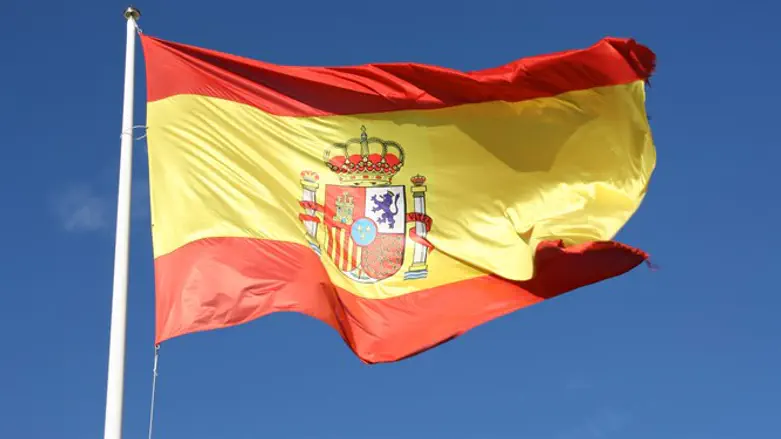
At least a quarter of all the people who applied for Spanish nationality under the country’s law of return for descendants of Sephardic Jews were not Jewish, according to local media.
Of the 153,767 applicants, 52,823 came from four Latin American countries — Colombia, the Dominican Republic, Venezuela and Ecuador — whose combined Jewish population is smaller than 10,000 according to the World Jewish Congress, the La Razon newspaper reported Sunday. That means that nearly 43,000 applicants, or 27 percent of the total who applied before the closing of the deadline for applications in October, are not Jewish according to the relatively liberal definition of who is a Jew applied by the World Jewish Congress.
Only 4,313 applicants, or 2.8 percent of the total, were Israelis and more than one-fifth of applicants, or 33,653, came from Mexico, the provider of the highest number of applicants. Colombia came in second with 28,314. The United States had 5,461 applicants and Turkey had 1,994.
Only 31,222 applications had been approved by October 1 and the rest are still pending. The month with the largest number of applicants since the opening of the window in January 2018 was September 2019 with no fewer than 71,789 applications.
Spain passed its law of return for descendants of Sephardic Jews in 2015 shortly after Portugal.
Thousands of applicants have asked to be naturalized in Portugal, where the law is open ended.
In both countries, the government described the law as an act of atonement for the persecution and mass expulsion of Jews during the Inquisition that began in the 15th century. Many Jews were forcibly converted to Christianity.